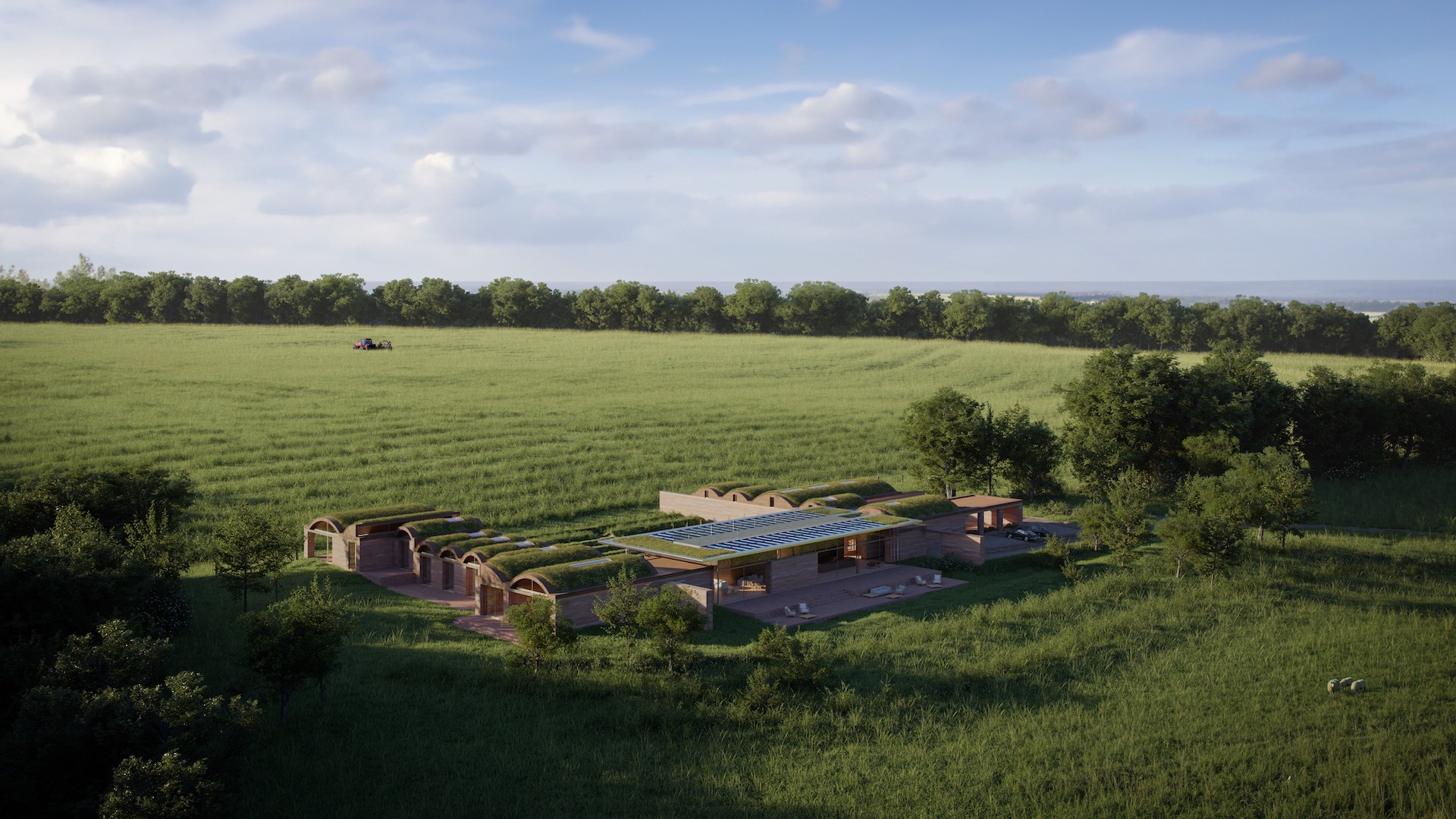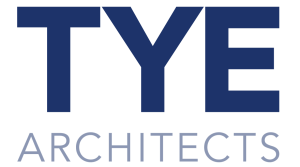Choosing an Architect for a Home Extension

Residential architecture is a specialist field that requires a delicate balance of creativity, technical expertise, and understanding of local regulations. Ensuring that you choose a reputable, highly skilled architect is vital when you’re considering a home extension; doing so will ensure you end up with a project you’re truly happy with.
We’ve put together this guide to help someone without a thorough understanding of the architectural process choose a residential architect for home extension, along with answers to common questions on the topic.
Do Your Research
Before diving into the selection process, take some time to research architects who specialise in residential projects and have experience with home extensions.
Look for firms with a strong portfolio showcasing similar projects to yours, and pay attention to their projects’ design styles, materials used, and overall aesthetic appeal. Make sure you also read client reviews and testimonials to determine the quality of service provided.
While you’re conducting this research, but sure to consider a number of different factors:
- Experience. Look for architects with experience in residential projects, particularly home extensions. Experienced architects will have the knowledge and skills to navigate the complexities of your project efficiently.
- Portfolio. Review the architect’s portfolio to ensure they have experience in projects similar to yours. Pay attention to design styles, materials used, and overall quality of work.
- Reputation. Check online reviews and testimonials from past clients to gauge the architect’s reputation and client satisfaction levels.
- Qualifications. Ensure the architect is qualified and registered with relevant professional bodies in the UK. These checks represent a nice easy way for you to be sure they adhere to professional standards and ethics.
Assess Your Budget
Before approaching any architects, it’s essential that you know what your budget for the project is. This will ensure you know what you can and can’t afford before you start talking to potential architects. Be transparent about your budget when discussing your project with potential architects, as this will help them tailor their designs and recommendations accordingly.
Architects typically charge fees based on the scope and complexity of the project. It’s worth discussing fee structures with potential architects to be sure you understand what is included in their services.
You may also need to factor in additional costs such as planning application fees, building regulations approval, structural engineering fees, and construction costs when budgeting for your home extension project. By conducting as thorough a financial assessment as possible before you start approaching firms, you’ll ensure you avoid disappointment further down the line if it becomes clear they’re out of your budget.
While there is a fair amount of variety out there when it comes to architectural fees, it’s always worth investing in a reputable architect with a strong track record. Doing so can save you time, money, and stress in the long run.
Speak to a Few Different Firms
Once you’ve done your research and assessed your budget, it’s time to start contacting potential architects.
Reach out to a few firms to discuss your project and gauge their suitability. Arrange initial consultations to meet with the architects, often at their office or over video call, to discuss your requirements, vision, and budget.
During these conversations, it’s essential that you think carefully about your compatibility with the firms. You must prioritise communication, as it’s essential that any architect listens to your needs and ideas, and appreciates your vision for the project. In all walks of life, effective communication is key to a successful working relationship.
Ask your potential architects for references from past clients, too. Prioritise references from projects similar to yours, and contact them to gather feedback about the architect.
If you don’t feel you click with any of the firms you’ve spoken to, listen to that gut feeling. You need to be able to work effectively together, so don’t ignore those warning signs at such an early stage.
Understand the Relevant Housing Regulations
Navigating the relevant housing regulations and obtaining the necessary approvals can be a complex process when undertaking a home extension project. It’s essential to work with an architect who has a thorough understanding of local planning policies, building regulations, and conservation guidelines to ensure compliance and avoid costly delays.
You’ll need to consider planning permission, building regulations, and understand the legislation around listed buildings and conservation areas. Your architect will be able to help you with this part of the process, but we would strongly advise considering these issues at the earliest stage possible so you’re not wasting any of your own time.
Selecting the right architect for your home extension project is a critical decision that requires careful consideration. By conducting thorough research, assessing your budget, speaking to multiple firms, and understanding the relevant regulations, you can make an informed choice that ensures your vision is brought to life seamlessly. At Tye Architects, we’re committed to delivering exceptional design solutions tailored to your needs and aspirations. Contact us today to start your home extension journey.
FAQs
How much do residential architects charge?
Architectural fees for home extension projects vary depending on the scope and complexity of the work, as well as the architect’s level of experience and reputation.
Typically, architects charge either a percentage of the project’s total construction cost or a fixed fee based on the estimated number of hours required. It’s essential to discuss fee structures and payment terms with potential architects upfront to ensure transparency and avoid any surprises later on.
Do I need an architect for a home extension?
While it’s possible to undertake a home extension project without the help of an architect, hiring a qualified and experienced architect does offer benefits.
Architects bring expertise in design, space planning, and construction detailing, helping you maximise the potential of your home while ensuring compliance with relevant regulations. Additionally, architects can manage the entire design and construction process, from initial concept development to project completion, saving you time, money, and stress.
Do Tye Architects help with residential projects?
Yes, Tye Architects specialises in residential projects, including home extensions, renovations, and new builds. Our team of experienced architects is passionate about creating bespoke, sustainable, and innovative designs that enhance our clients’ quality of life.
Whether you’re looking to extend your existing home, remodel your interior spaces, or build your dream home from scratch, we’re here to help. Contact us today to discuss your project requirements and schedule a consultation with one of our architects.

